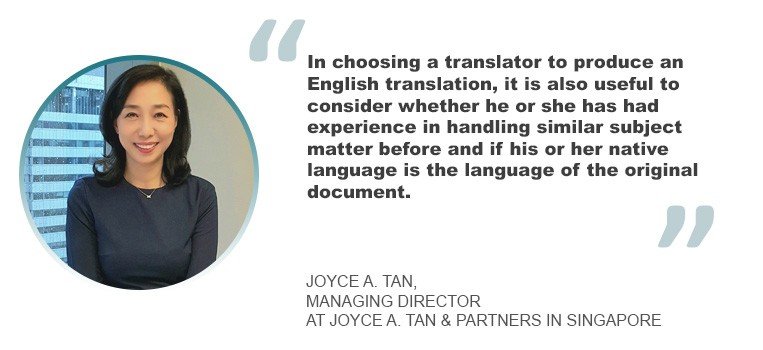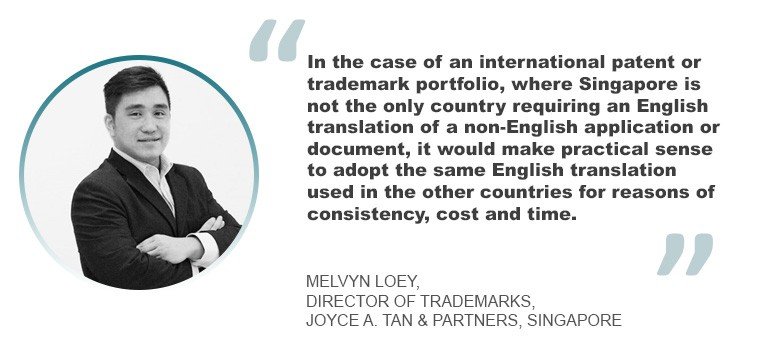If language is a barrier, how does communication happen? Excel V. Dyquiangco examines the importance of having a common language for cross-border trade and how English remains predominant among the other languages used for international communication.
The term “global value chains” (GVCs) has gained enormous popularity in the last 10 years; it describes how services, activities and goods are designed, produced, assembled, marketed and distributed internationally. The functional and spatial fragmentation that has occurred within GVCs has altered the global economic landscape, which has led to new policy challenges for both OECD and emerging countries, including trade policy, competitiveness, upgrading and innovation, and the management of global systemic risk.
To facilitate international trade and foster understanding among these interconnected global economies, it is crucial to be able to communicate across language boundaries, which includes the language in intellectual property. But what if patent or trademark applications are not filed in the English language?
With the United States influencing the language norms of the Philippines with their English as with the United Kingdom to Singapore, Malaysia, Hong Kong and India with theirs, this brings to question why the French language didn’t take over Indochina or Dutch in Indonesia.
It is important to note that many French cultural influences still exist in Vietnam, Laos and Cambodia, among many other countries conquered by France. But perhaps the reason why the French language did not remain common in these countries after the colonial period is because it has not been used as an international language to the same degree as English. Thailand, on the other hand, does not have a colonial connection to any European country but generally uses English in communicating with international partners. However, Chinese and a few other languages are also used in some situations.
In retrospect, French and Dutch are more difficult to learn than English. Unlike English, French nouns are gendered similar to how Dutch nouns have a grammatical gender, which is only one of the factors that make these two languages more difficult.
Political events of the day played a large part in entrenching English, relative to the languages of other European colonial powers. To illustrate, the imposition of Vietnamese as the language of the country by the communist takeover of Vietnam in 1975 saw the dismantling of the French language in that country. Pol Pot’s regime oversaw the mass killings of intellectuals in Cambodia (most of whom were French educated), virtually eradicating the French language there by 1979.
The only country of the former Indochina that still retains French as a significant minority presence is Laos. But its use there continues to decline as it is used mostly among the older generation, and the younger population prefers to speak English. Arguably, the harsh regime changes in the countries forming Indochina also contributed to the decline of the French language in the region, coupled with the extent of the British Empire.












